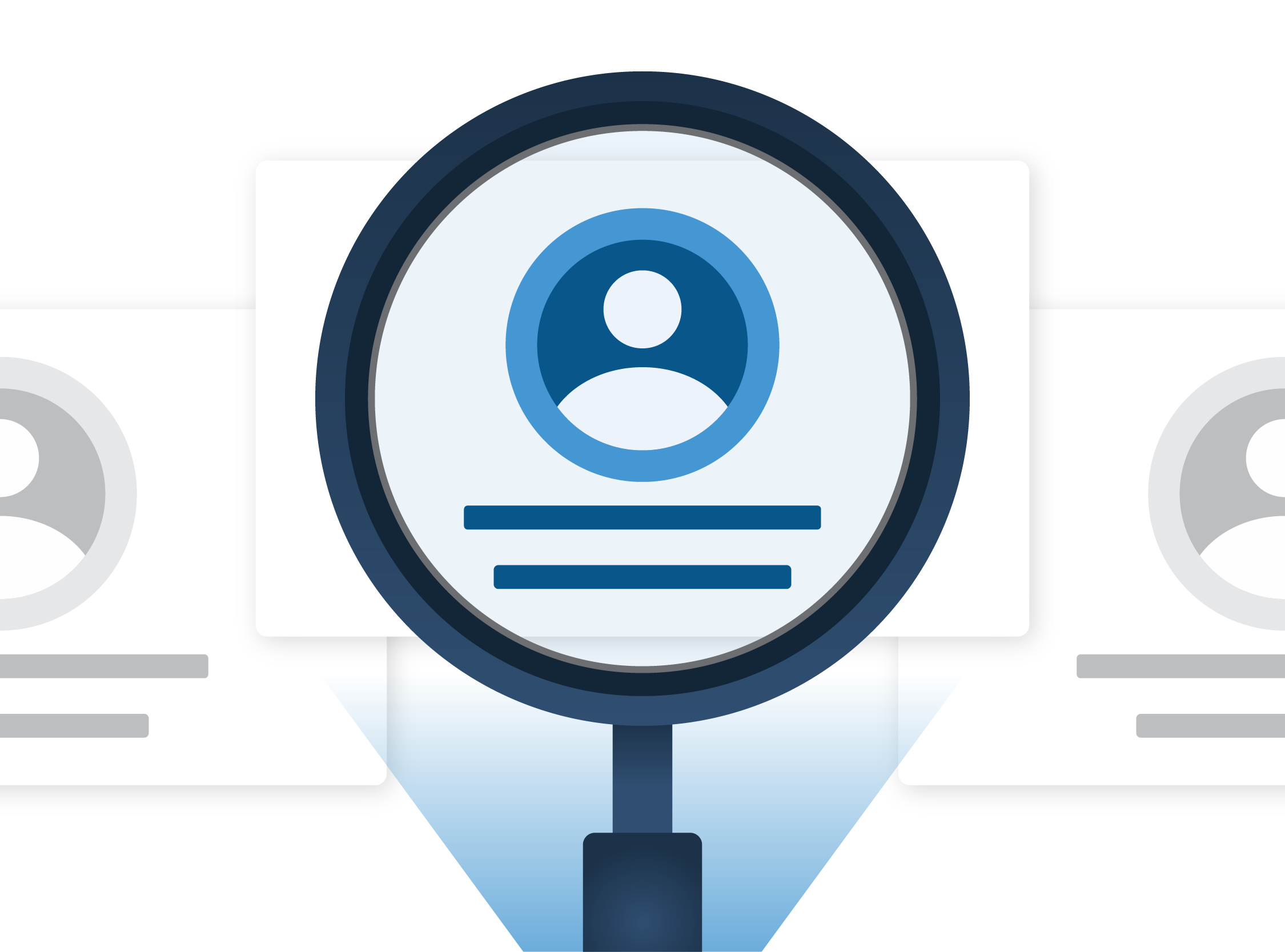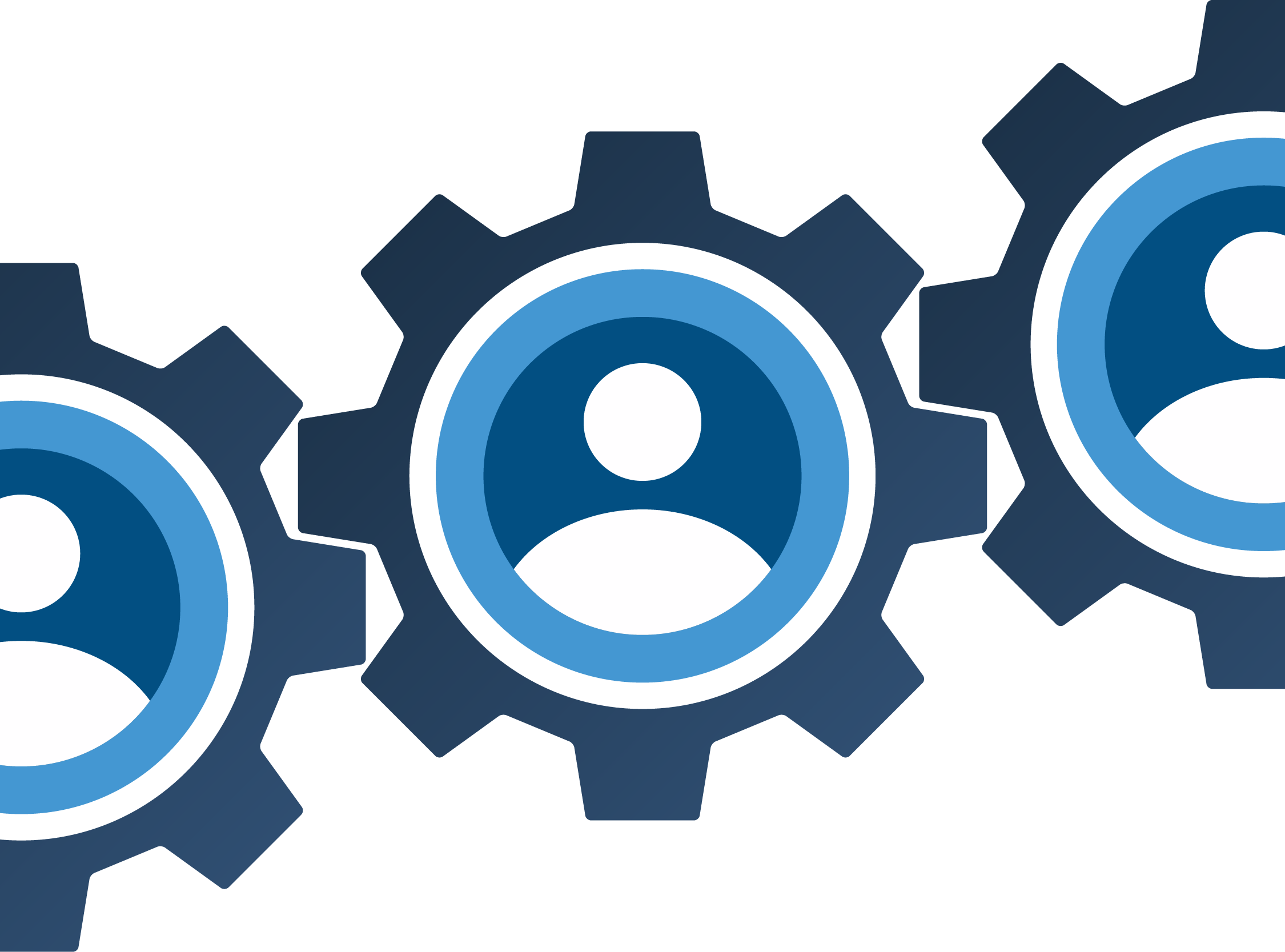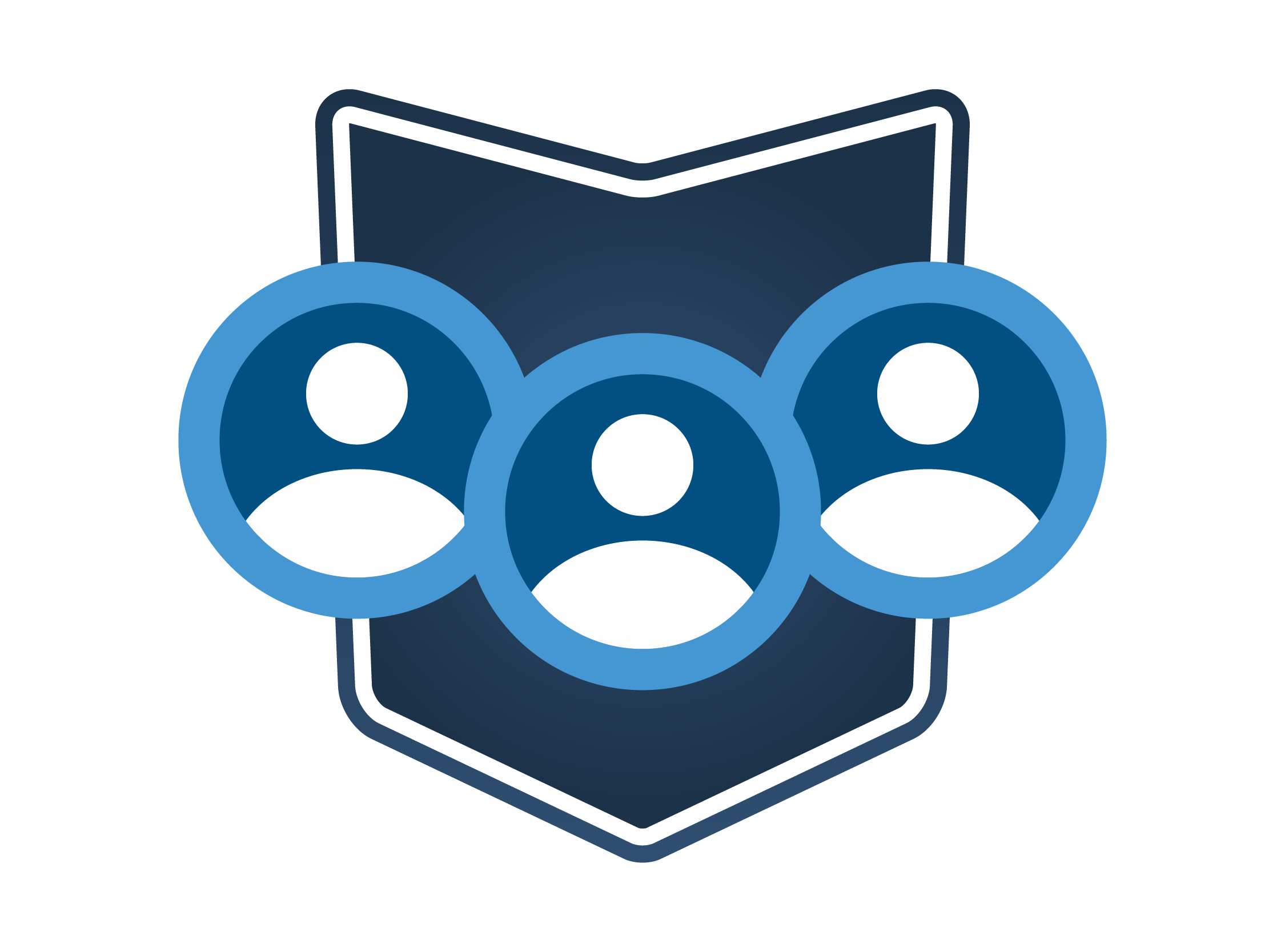Understand Your People

Identify

Enable

Retain
Identify the right people for your organization, enable them to do better at their jobs, and retain them for the long term.
Understand Your People

Identify

Enable

Retain
Identify the right people for your organization, enable them to do better at their jobs, and retain them for the long term.






